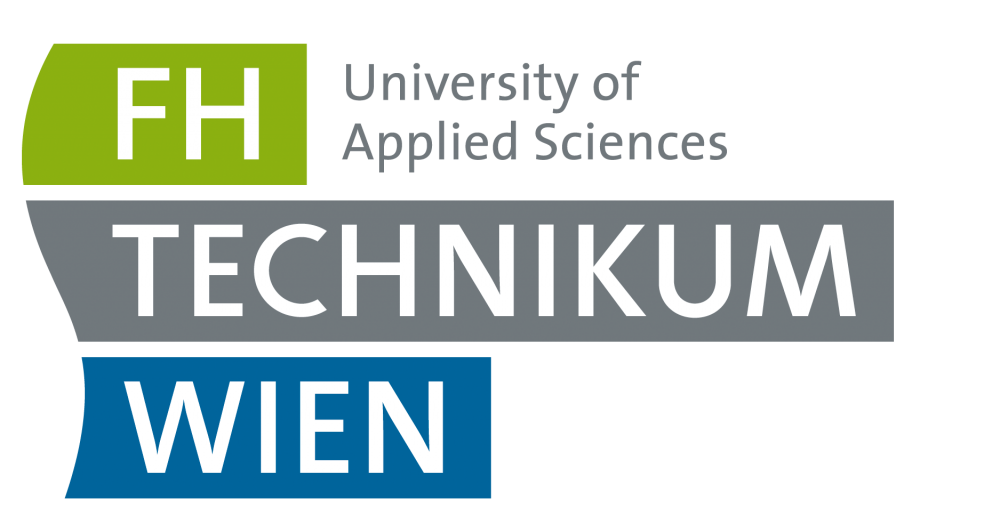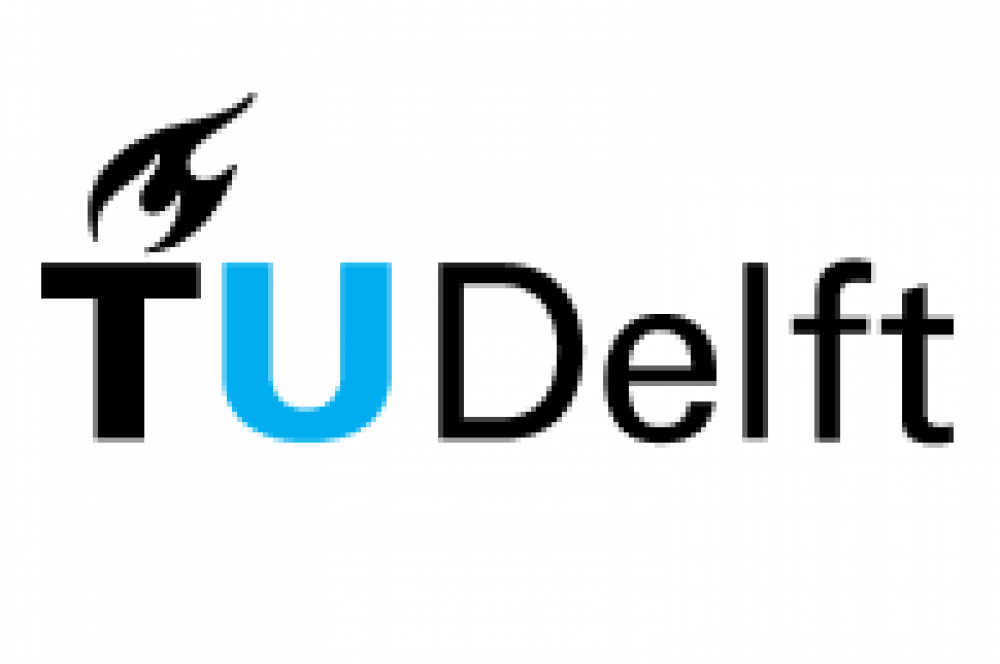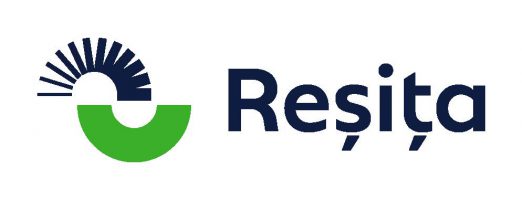
Consortium
SIMPLY POSITIVE is an international research project, which includes partners and focus districts from different areas all over Europe, with different social context, different existing energetic technologies, and different climatic conditions.
The project consortium consists of the following partners:


The Municipality of Settimo Torinese is undergoing a process of renovation with the aim to become a smart city thanks to several initiatives, among which there is the improvement of electric charging infrastructure. For this reason, it is involved in a national strategic plan which foresees the installation of several recharge points in many Italian locations. In SIMPLY POSITIVE, the municipality will be supported by external partners (RINA-C in cooperation with LINKS). RINA-C (www.rina.org), in the role of leading partner for the activities involving Settimo Torinese, has vast experience in business models and business development for smart city solutions, promotion of sustainable energy actions plan, actions for achieving positive energy district. In addition, innovation is a key element in all RINA Consulting projects with proven experience in helping its clients in developing their news products and services as well as managing their collaborative innovation processes. LINKS (https://linksfoundation.com/en/) with its more than 160 researchers oversees technical-scientific disciplines in digital technology and regional development.

Delft University of Technology is the largest technical university in the Netherlands. Founded in 1842, it has extensive experience in the research and development of all types of technical innovations. It is among the first 20 technical university in the world for its outstanding research and teaching quality. The university has 8 faculties in all major fields of science and engineering, accommodating a student body of more than 26,000 divided over some 15 Bachelor and 40 Master programs. Several groups at the Electrical Engineering, Mathematics and Computer Science (EEMCS) faculty work on the electrification of society leveraging transmission and distribution of renewable energy from wind or solar power. This is one of TU Delft societal themes, reflected in the Sustainable Energy Technology master programme, which attracts more than one hundred master students from all around the world (hosted at EEMCS faculty).
The Photovoltaic Materials and Devices group (PVMD), founded by Prof. dr. Miro Zeman (head of the Electrical Sustainable energy department) and currently led by prof. dr. Olindo Isabella, focuses on the development of photovoltaic technologies throughout the value chain. The development of innovative materials for cells and modules and the development of new concepts for PV applications are all part of the research and development of the group. The broad focus allows the group to realize its leading strategy to implement solar energy everywhere. The project fits well within the R&D strategy of TUD and will be essential to enable data- and model-based research on PV modules, PV systems, and interaction with the electrical grid. The scientific and technological knowledge will be used to attract and train MSc students through internship projects in the research field of the project.
AMS Institute is an internationally leading institute where talent is educated and engineers, designers, and both natural and social scientists jointly develop and valorise integrated metropolitan solutions. Our mission is to develop a deep understanding of the city – sense the city – to design solutions for its challenges and integrate these into the city of Amsterdam. We do this through three main activities: education, research & valorisation, and data. AMS Institute works on finding interdisciplinary metropolitan solutions.
In order to support for e.g., the maximal integration of sustainable energy production in the urban environment, AMS Institute collaborated with the PVMD research group and PV Works on the drafting of the PV Advent Calendar (https://openresearch.amsterdam/nl/page/84706/pv-advent-calendar). The typical role of AMS herein is to make results applicable and understandable for local stakeholders.
PV Works is a start-up company spun off Delft University of Technology, and it was established at the end of 2020. The core activity of the company and the service it offers is the multi-scale modelling in the field of photovoltaics. On the one hand, the company benefits from 30 years of PV modelling expertise developed in the Photovoltaic Materials and Devices group at Delft University of Technology. On the other hand, the company has a clear vision for the development of a user-friendly, AI-based, geo-referenced modelling framework for the multi-layer mapping of massively distributed PV systems in the urban environment. Thus, the goal of the company is to facilitate the large-scale deployment of PV technology in the urban environment. This will be achieved by accurately evaluating the PV potential in urban environment and the impact of solar electricity on the local grid.

denkstatt Romania SRL, part of denkstatt Group, is a consulting company providing services in the areas of sustainable development and environmental management. denkstatt Romania operates across a wide variety of services such as Management Systems, Waste management, HSE legal compliance services, Sustainable Development, Energy Efficiency and Climate Protection and EU certified training provider for ECQA Certified Sustainability Manager. denkstatt Romania has provided scientific and feasibility studies and implementation concepts, which have been a solid base for cooperation with both industrial clients and government agencies and the company was chosen as the implementation agency of the “Program for the sustainable development of enterprises in Romania with focus on enhancing national expertise in Cleaner Production and Corporate Social Responsibility“ developed under UNIDO coordination. The company acts as external consultant providing consultancy /mentoring and support for City Halls in Romania (Timișoara, Arad, Zalău and others) in development and implementation of SEAP / SECAP – Sustainable Energy Action Plans / Sustainable Energy and Climate Action Plans according to Covenant of Mayors Initiative. denkstatt Romania has been the project coordinator of LDV-TOI- 2013 project with acronym LeadSUS – Leadership in Sustainability – Sustainability Manager and project partner in the project TeachSUS – Teaching and educating for Sustainability (project number 2018-1-RO01-KA204-049253).
Denkstatt Romania offers a wide range of environmental and social consulting services in the sustainability planning and reporting, greenhouse gas emissions, decarbonization, trainings. water supply and wastewater sector, waste management, smart urban management, and energy efficiency.
Since April 2024, denkstatt is part of the EY network in Romania, Austria, Bulgaria, Hungary and Slovakia, following a merger and acquisition process. For more information, please visit: https://www.ey.com/ro_ro/newsroom/2024/04/ey-romania-si-denkstatt-isi-unesc-fortele-pentru-a-deveni
Resita Municipality, a local public authority, is involved in all the relevant development projects of the municipality and acts as a core main city administrator. Reșița (with approximately 85964 inhabitants) is the residence city of Caraș-Severin county and located in the Western Region of Romania. Reșita is recognised as one of the older industrial city in Romania with a history of more than 250 years. Industrial heritage and ethnic diversity are considered important elements of pride, associated with the city’s identity. City growth, transformation and modernization is the priority of the current management, considering the reduced own budget, the solution found was accessing European funds, having at this moment, in implementation, projects worth more than 120,000,00.00 EURO. Modern transport, new bicycle lanes, bicycle share system via mobile app, energy efficient and modernised kindergartens, schools and high-schools, housing construction for disadvantaged communities and multicultural centres, should contribute to the vitality and comfort of the city’s inhabitants, making Resita a better city to live and work in. One of the key focuses of the Municipality is also energy efficiency of its district considering environmental concerns, the EU strategies but also the economic added value towards its citizens and community as a whole.







